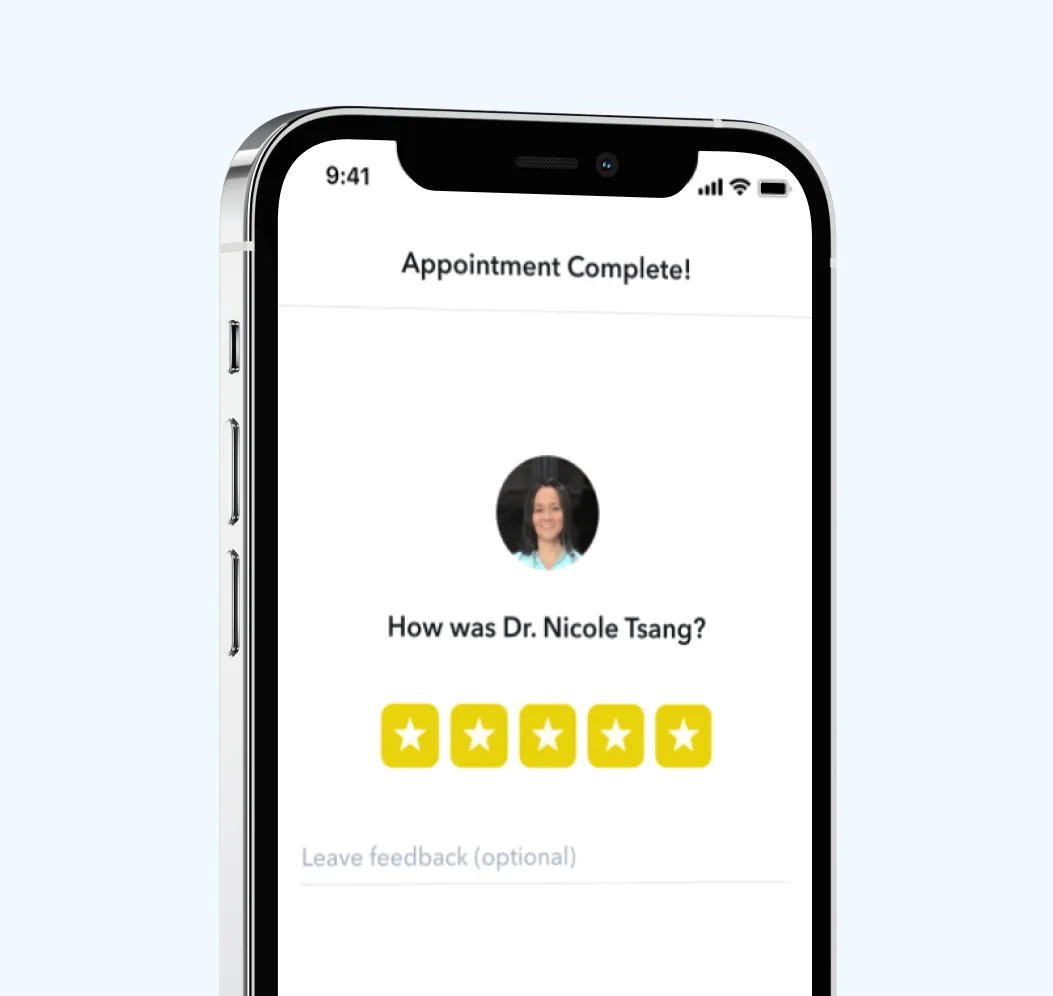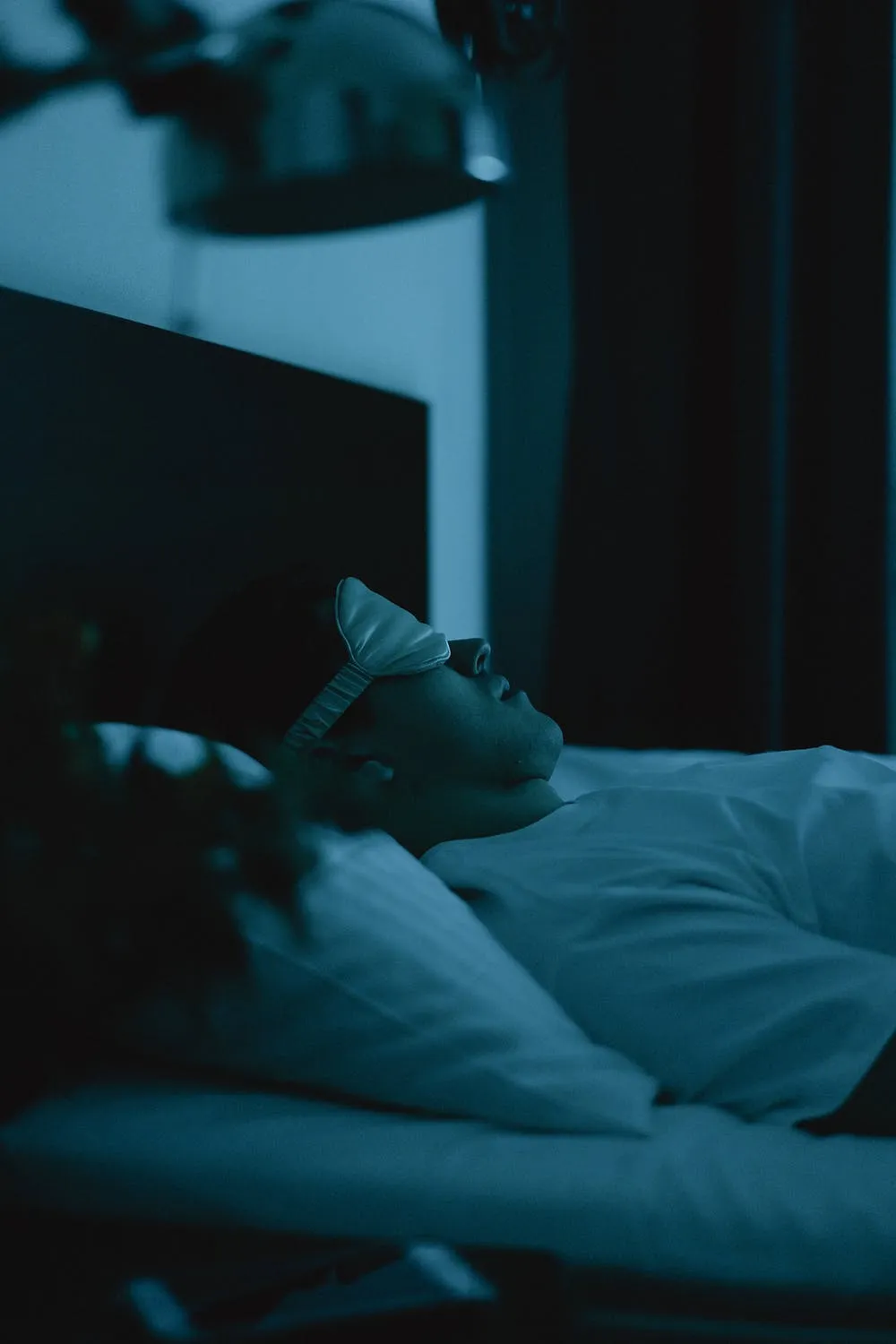All posts
Seasonal Hair Loss Explained: Causes, Cycles, and Care Tips

Circle Medical Staff
Sep 10, 2025
4-6 min

When Your Hair Sheds with the Seasons
If you’ve ever noticed a sudden scatter of extra strands of hair on your pillow, in the shower drain, or tangled in your brush, it can be unsettling. Seasonal hair loss is common, part of the body’s natural rhythm, and in most cases only temporary. Your hair is simply moving through its natural growth cycle.
We’ll break down why seasonal hair shedding happens, how to recognize when it’s perfectly normal and when it might be worth a closer look, plus everyday steps to support healthy hair growth.
What Is Seasonal Hair Loss?
Seasonal hair loss is a temporary uptick in hair shedding that happens when the seasons change. Unlike ongoing conditions such as alopecia or hereditary thinning, this kind of hair loss is short-lived and linked to the body’s hair cycle.
It is often most noticeable from late summer into fall, and sometimes in spring. During these transitional times, a higher number of hair strands enter the telogen phase or the resting stage of the growth cycle. That’s when old hair naturally falls to make space for new hair. For many people, this looks like noticeable hair fall over the course of a few weeks to a few months, followed by balance as new growth begins to emerge.
Why Does Seasonal Hair Loss Happen?
A few key factors come together to trigger seasonal shedding:
Biological Rhythms
Your hair follicles constantly cycle through stages: the anagen stage (when hair is actively growing), the telogen phase (a resting phase), and the shedding phase (also called the exogen phase). These rhythms are influenced by daylight, hormones, and internal body clocks. Research in seasonal biology suggests that daylight length (photoperiod) likely plays a key role in seasonal changes.
Environmental Changes
Shifts in climate affect both your scalp health and your hair roots. Dry winter air can increase hair fiber dryness and breakage, which may make overall hair loss seem more noticeable. Harsh summer rays and sun exposure can weaken delicate hair strands by damaging proteins and lipids in the fiber. These seasonal stressors can make increased shedding more apparent.
Lifestyle Factors
Stress, hormonal fluctuations, or a shortage of essential nutrients can amplify the effect of seasonal hair loss. Some people find that systemic stressors such as illness or significant life stress correlate with excessive shedding. On the other hand, a balanced diet rich in protein, vitamin D, and fatty acids helps keep your hair healthy and more resilient.
While seasonal hair loss is a normal, natural event, your daily choices like gentle hair care, stress management, and proper nutrition can help strengthen hair, protect the scalp, and keep your hair healthy through every season.
Signs of Seasonal Hair Loss You Shouldn’t Ignore
Not all hair shedding is cause for concern but some signs deserve a closer look. Understanding the difference between what’s normal and what might signal an underlying issue can help you decide when it’s time to reach out for support.
What’s Normal
It’s expected to see more strands in your brush, on your pillow, or in the shower during a shedding season. While this uptick in hair fall may feel alarming, it usually balances out within a few weeks to a few months as your body resets the hair growth cycle. Acute telogen effluvium, for example, often resolves within three to six months after a trigger. Think of it as your scalp making room for new growth.
When It’s Concerning
Pay attention if you notice patchy hair loss, hair shedding that lingers beyond one shedding season, or thinning that changes how your mane flows freely. Other red flags include scalp irritation, redness, or tenderness. These may signal conditions like telogen effluvium, alopecia areata, or underlying hormonal imbalances that deserve a closer look.
Why You Shouldn’t Wait
You don’t need to wait until hair shedding feels “severe” to seek support. Even if your hair starts changing and the cause is likely seasonal, a trusted provider can give you reassurance, help refine your hair care routine, and share evidence-based ways of supporting healthy hair growth.
Top Tips to Strengthen Hair and Prevent Seasonal Shedding
You can’t completely stop seasonal hair loss, but you may be able to ease its effects and keep both your hair and scalp moisturized with a few simple, consistent habits:
- Nourish from within: Prioritize a balanced diet with protein, vitamin D, and other essential nutrients to fuel your hair cells and encourage healthy hair growth.
- Practice gentle care: Skip tight hairstyles, avoid harsh chemicals, and limit use of a hair dryer unless you apply a heat protectant. Small changes can reduce stress on fragile hair strands.
- Moisturize and protect: Incorporate natural oils like argan oil or try deep conditioning treatments to protect hair fibers, lock in moisture, and support a healthy scalp.
- Encourage circulation: Regular scalp massages may improve scalp comfort, stimulate blood flow, and, in small studies, have been linked to modest increases in hair thickness thanks to improved blood circulation.
These top tips not only help strengthen hair, they may also prevent seasonal hair shedding from feeling overwhelming and give you confidence that your hair health is on track year-round.
Circle Medical and Hair Health: Personalized Care from Home
Circle Medical makes it easier to get the clarity and reassurance you need when it comes to seasonal hair loss. Our licensed primary care doctors provide compassionate, evidence-based support right from the comfort of your home.
- Virtual visits: Connect with a provider online to talk through your hair loss concerns and ask questions in real time.
- Lab work when needed: If underlying issues are suspected, providers can order blood tests to check for metabolic causes, nutrient deficiencies, or other possible contributors.
- Personalized guidance: From nutrition strategies to safe treatment options, your provider can help you build a hair care plan tailored to your lifestyle and goals.
- Peace of mind: Instead of wondering whether your hair shedding is “normal,” you’ll have compassionate, evidence-based support through every stage of the hair growth cycle.
If a shedding season has you worried or you simply want professional guidance on how to strengthen hair and keep your hair healthy through every season, book a consultation with Circle Medical today.
Hair Health Through Every Season
Seasonal hair loss is a common, temporary shift in the growth cycle. With small, steady steps like nourishing your body, protecting your scalp, and maintaining a gentle hair care routine, you can keep your hair strong and resilient as the seasons change.
And if you still have questions, Circle Medical’s compassionate providers are here to help you understand what’s happening beneath the surface and create a plan that supports healthy hair growth all year long.
Your hair will move through its own shedding phases and growth. What matters most is learning how to care for it at each stage with confidence, clarity, and support when you need it.
Circle Medical Providers must meet all of the following standards:
-
Exceptionally qualified in their field
-
Board-certified
-
Deeply empathetic for patients
-
Follows evidence-based care guidelines
-
Embracing of diverse patient backgrounds
-
Impeccable record of previous care
400+ Primary Care Providers.
100% Confidence.
No matter which Provider you choose, you will be seen by a clinician who cares deeply about your health and wants to help you live your happiest, healthiest life.
Circle Medical Providers are held to an exceptionally high standard of compassionate, evidence-based care.
Book Appointment

